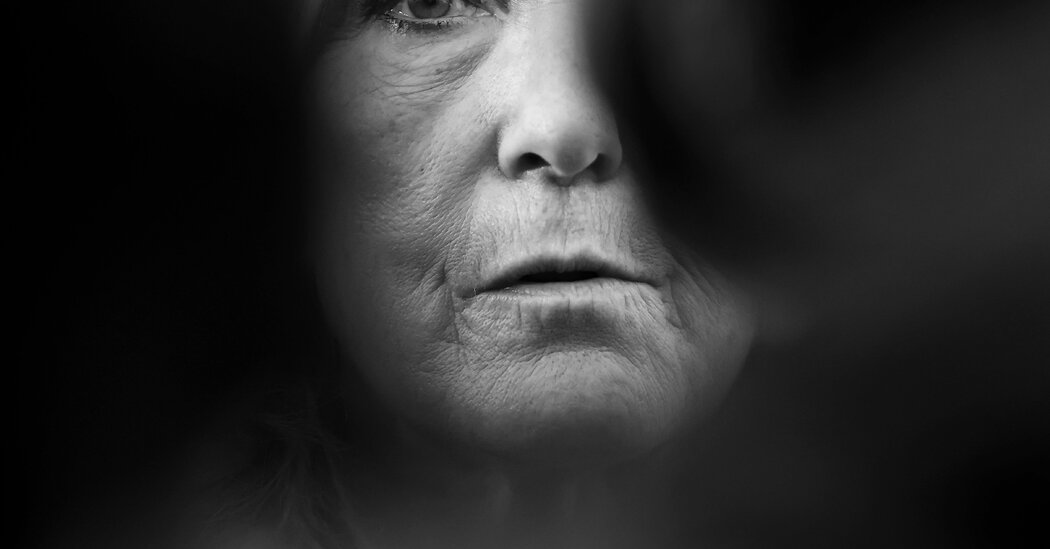
Marine Le Pen is holding France
The French Parliament has come a long way: Why Mr. Barnier did not step through the No-Confidence Vote
Barnier had survived an earlier no-confidence vote in October. But now, he will be forced to step down after legislators from opposing parties voted against him Wednesday, angered that he pushed through a 2025 national budget without a legislative vote.
During the debate, Barnier described the vote as “a moment of truth, of responsibility.” France needs to “look at the realities of our debt,” he added, insisting that he had not taken any pleasure in proposing difficult measures in the budget, and had developed it alongside both chambers of the French parliament.
The challenge in coming days may come from economic markets as investors pull money out of the French economy and the budget that sparked this political conflagration remains unpassed.
The National Rally lawmaker said Barnier had just given them crumbs despite her demands for more purchasing power for French consumers. “Your only answer has been taxes, taxes and more taxes.”
At 73, he is the oldest politician to serve as premier in France’s modern history. He has served the shortest period of time in the post.
Barnier’s 50-year political career includes roles as French foreign minister and European Union commissioner. He received praise for his years of efforts to negotiate terms for Britain’s departure from the EU.
Barnier’s critics accused him in parliament of leading a government “without democratic legitimacy,” in a sign that appointing a new government may prove complicated, since it too could face no-confidence votes, unless one of the party blocs can attract enough supporters from other parts of the political spectrum to form a firm majority alliance.
Marine Le Pen criticized Barnier for not tackling the causes of the spike in security issues and crime, saying he had proposed a technocratic budget that did not tackle the causes.
This crisis has been coming. The situation has become unstable since an election in which no political group emerged with a majority. Initially, with Parliament divided into three almost equal blocs, Mr. Macron played for time. The New Popular Front, which won the most seats but was far short of a majority, demanded he choose a candidate from their camp to be prime minister. Instead, Mr. Macron looked right — to Mr. Barnier, a longtime conservative politician. He was named prime minister in September.
The vote deals a heavy blow to President Emmanuel Macron, who named Barnier as prime minister in September after snap elections in which no single party won a legislative majority.
Nobody knows what comes next. What’s certain, however, is the strength and power of the far right in France today. Its ambitions and aspirations already dominate the country; now it’s shown it can take down a government. France is being held hostage, with no end in sight.
In the event, the National Rally worked with the government more to block legislation than to advance it. They voted together to defeat a budget heavily amended by the left that included tens of billions of dollars of taxes on the rich. The relationship wasn’t perfect. Hanane’s association with the National Rally led to him telling me that there were no contact between the National Rally and the government. The far-right groups didn’t receive a fair treatment from Mr. Barnier. “It would have been useful to discuss things with us,” she said.